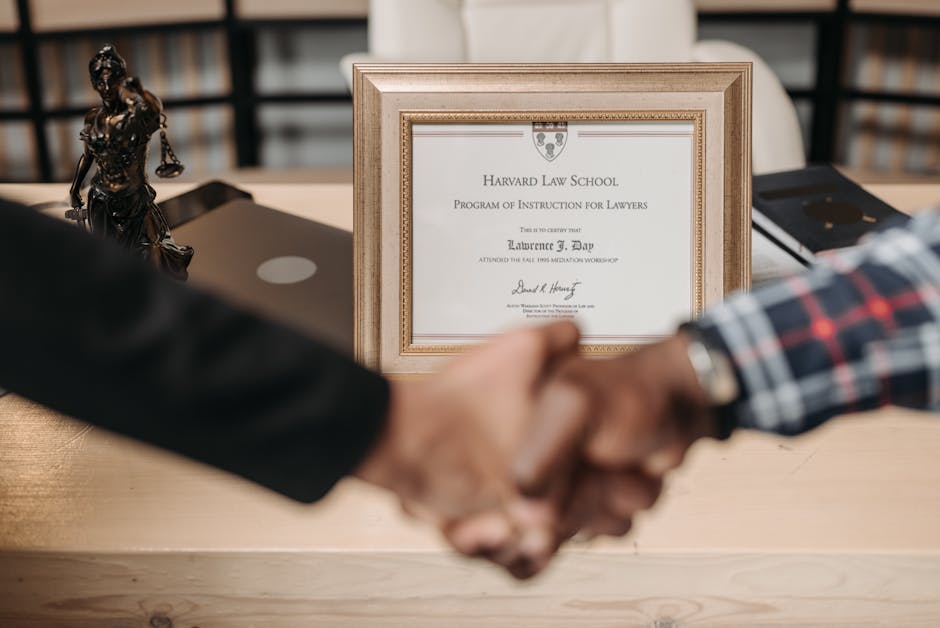The legal profession, a cornerstone of societal order and justice, faces constant transformation. Technological advancements, shifting societal norms, and the ever-complex web of international relations are reshaping the way law is practiced and understood. This prompts a fundamental question: will the traditional model of legal education, with its emphasis on formal training and theoretical knowledge, remain a crucial component of the legal field? This exploration delves into the potential challenges and evolving requirements of legal education in a world rapidly evolving beyond its previous norms.
A significant argument against the continued need for formalized legal education hinges on the rise of readily available legal information online. Databases like LexisNexis and Westlaw, coupled with a wealth of legal resources accessible through the internet, offer unprecedented access to precedent, statutes, and case law. This accessibility suggests that aspiring lawyers could potentially self-educate, acquiring the necessary practical knowledge through independent study and online courses. This self-directed approach might appear economically viable and adaptable to rapidly changing legal landscapes.
However, this perspective overlooks a crucial aspect of legal practice legal interpretation and application are not merely mechanical processes of fact-finding and data retrieval. Law often involves nuanced interpretation, intricate ethical considerations, and the application of legal principles to unique and complex factual situations. The ability to analyze precedent, identify relevant legal principles, and critically evaluate arguments is a skill honed through rigorous academic training. Simply accumulating legal information does not automatically translate into the expertise required for effective advocacy or sound legal counsel.
Furthermore, legal education fosters crucial soft skills essential for success in the profession. Collaborative problem-solving, effective communication, and persuasive argumentation are not learned overnight. Law schools, through simulations, moot courts, and classroom discussions, provide a structured environment for developing these abilities. These interactive experiences often expose students to diverse perspectives and experiences, leading to a deeper comprehension of legal ethics and the complexities of human interaction at the heart of legal practice. Such holistic development is difficult to replicate through self-study alone.
The evolving nature of legal practice itself necessitates ongoing learning. The rise of new technologies, like artificial intelligence (AI) in legal research and document review, mandates a fundamental shift in how lawyers approach their work. Legal education must adapt to equip aspiring lawyers with the skills to integrate these technologies effectively and ethically. This includes not only technical training but also a critical understanding of the potential biases and limitations of AI tools, and a strong foundation in the ethical considerations surrounding their application. This underscores the need for adaptability and continuous learning, attributes fostered through a robust legal education framework.
Moreover, the social and cultural landscape is changing at a rapid pace. Contemporary legal issues encompass a broad range of concerns, from environmental regulations and international trade disputes to data privacy and artificial intelligence ethics. Formal education plays a pivotal role in equipping lawyers with the knowledge and critical thinking skills necessary to grapple with these multifaceted issues. Universities are better equipped than any other institution to cultivate a broad base of knowledge covering areas beyond law itself, such as economics, sociology, and political science, enhancing a lawyer’s ability to understand the societal context of legal problems.
The argument often presented that legal education is unduly expensive and time-consuming holds a certain merit. However, the long-term value proposition of a legal education extends beyond the initial investment. Skilled lawyers, equipped with critical thinking and problem-solving abilities, contribute significantly to the efficiency of the justice system, fostering confidence in its impartiality and promoting social order. Ultimately, a strong legal education system is an investment in the very foundations of a fair and functioning society.
Finally, the accessibility of legal information must be considered not as a replacement for formal education, but rather as a complementary tool to enhance learning. A well-rounded legal education provides the fundamental knowledge and critical skills that allow students to interpret and apply legal information effectively, in contrast to merely consuming it. Combining the accessibility of online resources with the rigorous training of law schools can create a stronger and more adaptive legal professional.
In conclusion, while access to online legal resources has undoubtedly increased, the need for structured legal education remains robust. The complexities of legal interpretation, the importance of cultivating essential soft skills, the evolving nature of legal practice, and the multifaceted social and ethical concerns of modern law all argue for the enduring necessity of legal education. While online resources can supplement learning, they cannot fully replace the multifaceted approach offered by a well-designed legal education program. The future of law, and consequently the justice system, depends on adequately trained and equipped professionals to navigate the intricacies of a complex world. The ongoing need for meticulous education is undeniably crucial.
